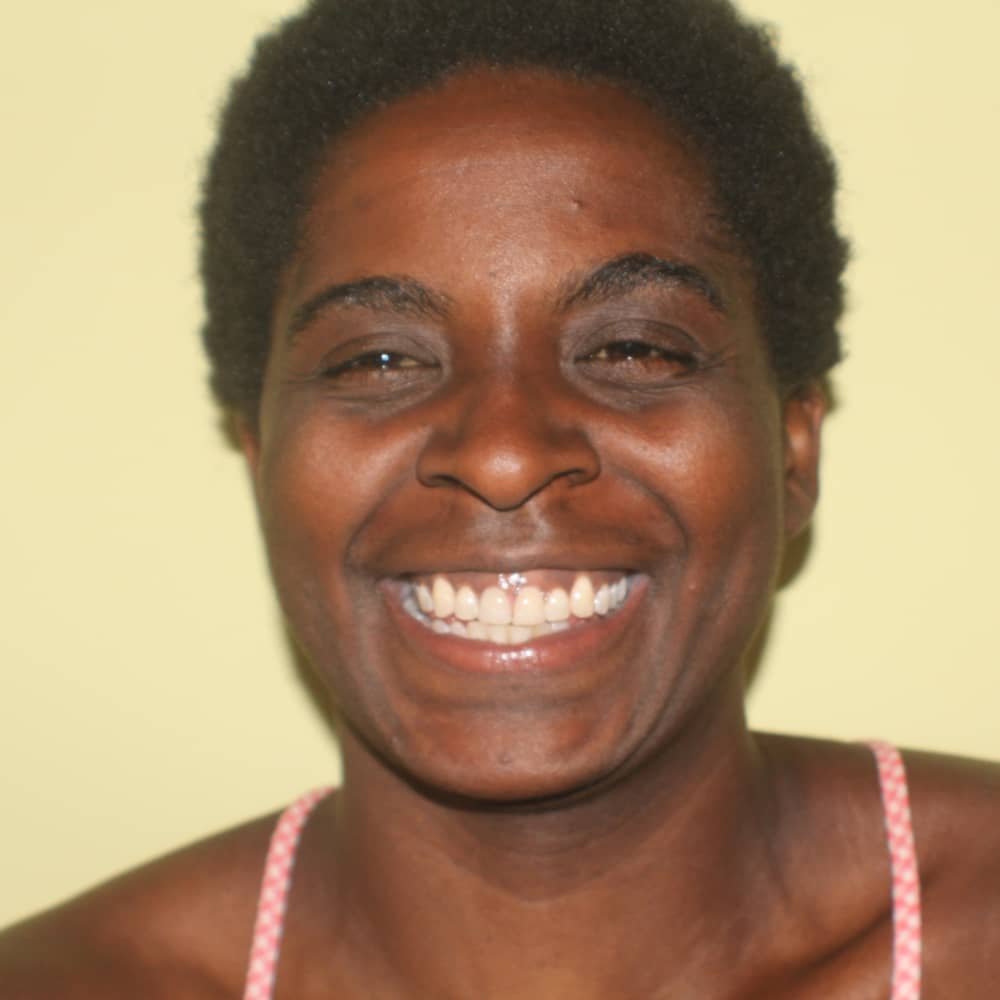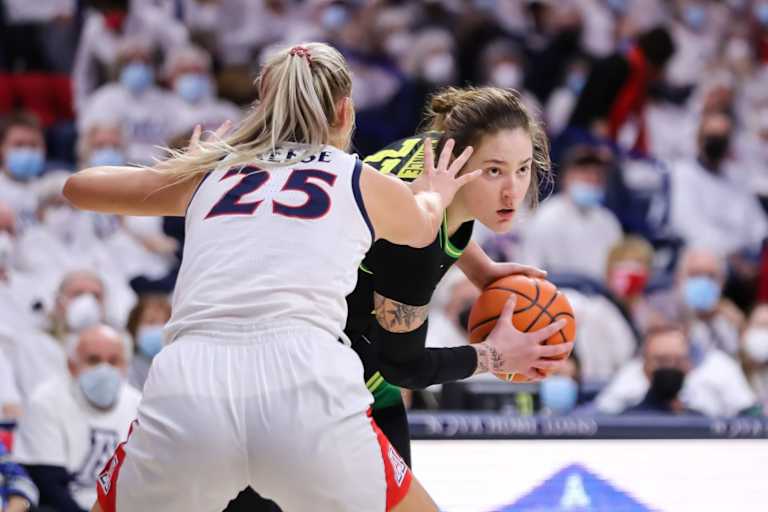College Wrestling Is Hard — And It Changed My Mindset for the Better
The whistle blew, the adrenaline rushed through my blood, and I finished with my hand in the air signaling the end and winner of the match. This was my first match as a freshman and the catalyst that ignited my passion for wrestling for the next six years (and counting).
As a kid, I always wanted to be in a sport. I was able to join the wrestling team during my first year of high school, and I was the only girl on the team. At first, wrestling was weird for me because it required a lot of physical contact, and I grew up as a very antisocial kid. It challenged me to get over that hump, and I learned the artform of wrestling. It was different from any other sport — it was physical, aggressive, and required a mental fortitude unlike any other. As a kid I was told not to quit once you start something, and I kept this mindset all the way through to my senior year of high school.
I decided to continue wrestling into my college career because I had the opportunity to do so and wrestling challenged me to be better, physically and mentally.
Developing a New Mindset
Wrestling is not so much about how strong or technically savvy you are — as long as you have the mental fortitude, you can do anything. That is something I had difficulty with. I felt very unstable and new in my first year of college; I did not know what to expect. This caused me mental fatigue. Staying strong and positive was a new habit I had to practice every day.
Since then, I have faced more challenges, one of which was the “freshman fifteen.” It crept up on me during the first semester when we had our first weigh-ins. I was supposed to wrestle at 123 pounds, and I was 10 pounds over the weight limit. That’s not bad, but it was unexpected because I gained more weight than ever. I had to be more strategic with my meal plans.
 I also had to learn how to manage my time wisely between academics and wrestling practice. My first semester was the hardest because it was the start of a new chapter of my life. I was in an unfamiliar environment, and the first two months of college I had no free time. I had to quickly restructure my time for the sake of my academics and competitions once the wrestling season started, midterms began, and the professors gave harder workloads. It was difficult to figure out when the best time was to go to tutoring, study, or enjoy my free time.
I also had to learn how to manage my time wisely between academics and wrestling practice. My first semester was the hardest because it was the start of a new chapter of my life. I was in an unfamiliar environment, and the first two months of college I had no free time. I had to quickly restructure my time for the sake of my academics and competitions once the wrestling season started, midterms began, and the professors gave harder workloads. It was difficult to figure out when the best time was to go to tutoring, study, or enjoy my free time.
While balancing sports and academics was tough, I actually found wrestling practice to be a major stress reliever. I left the stress of academic achievement in my locker, tied my shoes, and forgot everything as soon as I started to sweat. Wrestling practice required all my attention, so I could not let my mind wander. At the end of two hours of practice, it felt like a weight had been lifted off my shoulders. This helped me prioritize what was important and what could be done later.
To challenge myself, I also started writing in a journal. This improved my attitude. I was able to put everything I had already accomplished in perspective, including a strict diet plan, harsh workouts, and tough college competitions.
Changing My Perspective
Over time, I became successful on the mat and the classroom. I credit my success to the changes I made in my mindset. Luckily, I built a solid foundation with the support of my coaches and wrestling community. Every day after practice, my coaches tell us not to forget why we are here — to wrestle, to get better, and to challenge and compete at the highest levels. They tell us that it is not going to be easy, but nothing easy is worthwhile in life. The journey and the destination are what shapes us. If we come into practice with a bad attitude, it can rub off on others and impede on our performance in the moments that matter.
Having energy both in the wrestling room and outside of it helps keep me motivated and gives me a high work ethic, which has made all the difference in improving as a wrestler. I feel more prepared because I wrestled some of the best and I practiced talking to myself with more kindness.
My advice to a new college wrestler is to not be hard on yourself. It will be hard to adjust to an unfamiliar environment and academic pressures, but it is manageable. In the moments when stress and fatigue take over, keep in mind that you’re not alone, you have a whole team to support you, and that they, too, are learning how to manage their time. Your coaches are also a great resource as well. They help you in almost every aspect, so it’s good to get to know them well. While it seems tough at the moment, you will look at these times as some of the best moments of your life and you will be glad you wrestled.
While wrestling is incredibly challenging, the benefits to your mind and body are endless. When I retire from wrestling, I am comforted to know that I will leave with lifelong friends and teammates that assured me of my strength, both mentally and physically.

Meet the Author

Dakota Drew is a sophomore at North Central College in Naperville, Illinois. She is majoring in sociology and is expected to graduate in 2025. Drew is also a cadet for the rolling thunder battalion at Wheaton College. She participates in Cardinal First and assists in jobs around campus. When she isn’t working on homework, wrestling, or at ROTC, she likes to hangout with her friends and watch TV.





